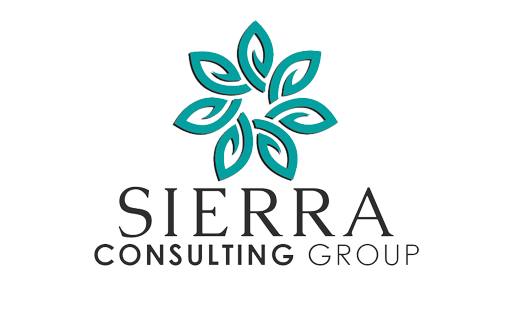At the heart of your addiction treatment business is your staff. From upper management to clinicians to counselors and all other members of your team, it’s important to take care of them. People who are satisfied with their jobs, who feel valued and heard and safe at work are better, more productive employees.
When staff are properly managed, your organization has a lower turnover rate. When staff are experienced, trained and invested in their position and their company, they are able to provide better service to clients.
Will your organization hire a dedicated human resources manager? Even if you don’t have an official HR person, you will still have managers who are in charge of things like hiring, supervising and evaluating staff, so proper human resources training is a must.
What Are The Responsibilities Of The Human Resources Department?
The HR department or management position encompasses many functions. One of the primary duties is to ensure that your facility maintains compliance with federal and state labor laws. This requires a great deal of knowledge and expertise.
Recruiting And Training
Another important function is that of recruiting new staff and training them. This may include creating job descriptions with the assistance of other management, creating ads for open positions, reviewing incoming resumes and interviewing candidates. While these duties may be shared with other management staff, the human resources manager ultimately oversees the recruiting and hiring process.
New Employees
The job doesn’t end with the hiring process. New employees require documentation, training and introduction to company policies and procedures. These duties also fall under the umbrella of Human Resources.
HR is also responsible for record keeping of documents generated by this process. Signed documents must be filed and kept on hand for review.
Payroll And Benefits
Human resources is in charge of staff payroll and benefits. They are also generally in charge of reviews, raises and other salary-oriented business.
Other Duties of Human Resources
While much of the role of HR is around the above topics, it doesn’t end there. When a staff member has a problem, human resources is usually where they go. The problem may involve personal issues, such as needing leave to care for a family member. Issues such as family leave, disability, and other types of leave fall under human resources.
Some problems may be internal and involve issues with other employees, management or job duties. It’s the responsibility of human resources to ensure that employees are taken care of. Grievances must be addressed in a specific manner. Mediation is a common function of HR, and sometimes the human resources manager takes on the role of counselor and problem-solver. It’s important that anyone involved with management has a comprehensive knowledge of how to handle conflicts with staff. Lack of knowledge can be disastrous. If issues come up in the realm of harassment or similar issues, there is a protocol that must be followed. You can’t afford to drop the ball when it comes to these problems.
Discipline is another responsibility. Write-ups and reviews are sometimes necessary and the responsibility of management. Proper training can help make these duties less stressful for all involved.
A dedicated human resources manager is a huge asset to your facility. This person helps ensure that your treatment center runs smoothly, that staff issues are resolved quickly and helps ensure compliance with state and federal laws.
Some smaller treatment centers may not have a dedicated HR person, so it falls on upper management to take on this role. Often, HR duties end up being a “learn as you go” process, and this can cause some definite problems. Proper human resources training can help avoid some of these problems.
The human resources landscape is always changing. New laws are put into place, new resources for employees are developed and new skills in management and communication are always being created. Intensive, ongoing training for anyone in an HR role is essential.
Outside training consultants can help your facility train your human resources manager, or train the manager who will be put into the HR role. This training will help ensure that staff are properly managed, that legal responsibilities are met, and that your employees are well-cared for.

